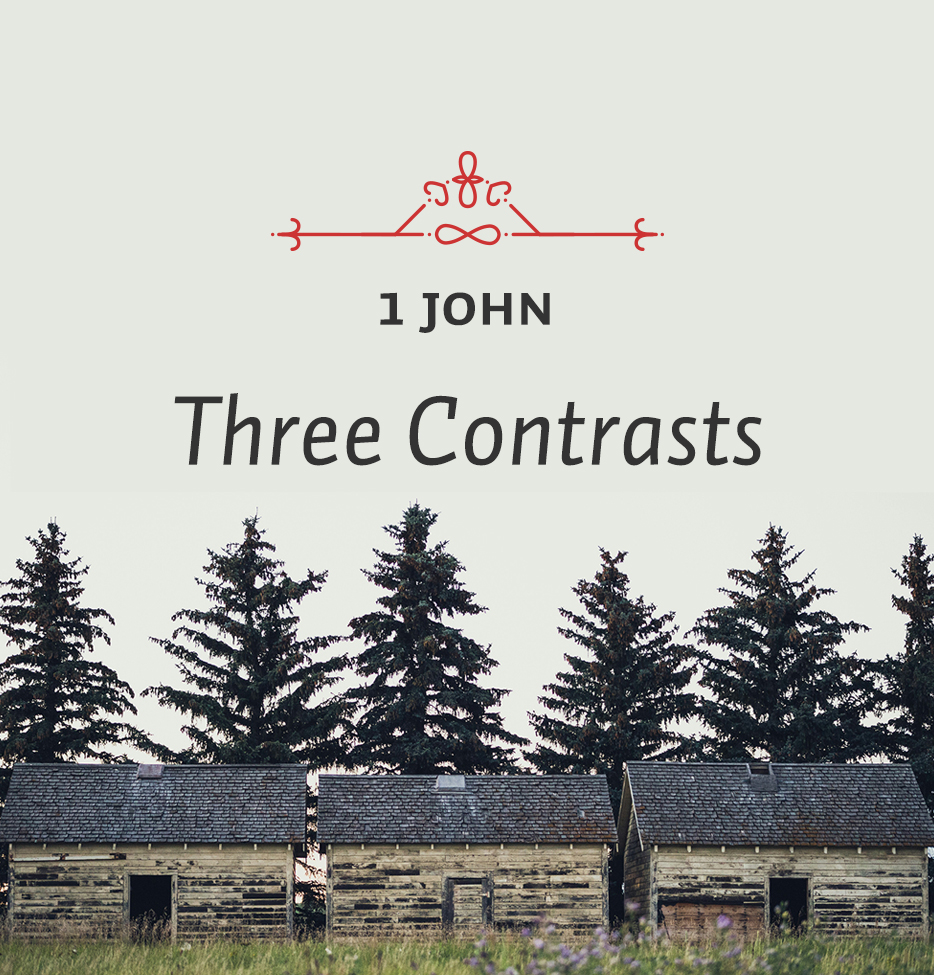In conversation with those who are not yet Christians, Christians are often puzzled by the fact that the other person sometimes professes to believe all that the Christian believes, yet also believes things that seem, at least to the Christian, to be incompatible with Christianity. For example, the Christian believes that Jesus is the unique Son of God. The one who is not yet a Christian says that he believes this too but adds that he also believes that all men are sons of God, like Jesus. Or again, the Christian affirms that men and women are lost apart from Christ and are saved only through faith in His atoning death for them. The non-Christian agrees but adds that he also thinks that men and women have to earn their salvation. This problem is quite common because it is based upon a widely held but erroneous view of truth. In this view many incompatible things are possible, for truth is relative. In the biblical view, by contrast, truth is absolute; therefore, to be meaningful any truth must be accompanied by corresponding denials. To return to the examples just given, if Jesus is God’s unique Son, then other persons are not. Or again, if salvation is by grace through faith, then other methods of salvation are excluded.
If truth does not have this character, then anything means everything and all is meaningless. If truth does have this character, then it is possible to separate truth from error and live accordingly.
To separate truth from error is one of the goals of 1 John, of course, as we have seen. Consequently, it is frequently the case that the letter’s affirmations and teachings are accompanied by strong repudiations and denials. An excellent example is found in the first chapter, where, after having stated that God is light, John immediately adds, “and in him is no darkness at all” (v. 5). He goes on to say that those who know God must walk in the light, as He is light. But John first denies: 1) that a person can know God and still walk in darkness; 2) that sin in a particular individual can be eradicated; and 3) that it is possible for a person never to have sinned. This procedure is now followed in the next major division of the letter.
After John’s opening remarks, which conclude in his call to holiness to all God’s people, John has introduced a series of tests by which the child of God can know that he truly is a child of God. These are righteousness, love, and truth, and what John has had to say about them is clear. It would seem that John himself was not satisfied, however. Consequently, in the next major section of the letter he introduces these three themes again, but this time with contrasts, obviously to sharpen his meaning and to set himself apart from those who would agree with his statements but at the same time affirm their opposites. In these verses we have three contrasts: first, the contrast between righteousness and sin (3:4-10); second, the contrast between love and hate (3:11-18); third, the contrast between truth and error (4:1-6). The last two of these are separated by a parenthesis dealing with the subject of doubt (3:19-24), just as in the initial presentation of the tests, love and truth were separated by a parenthesis dealing with the church and worldliness.
The first of these contrasts may be subdivided as containing statements about sin and its origins, the work of Christ, sin and the Christian life, and an appeal for clear thinking and for righteousness.






